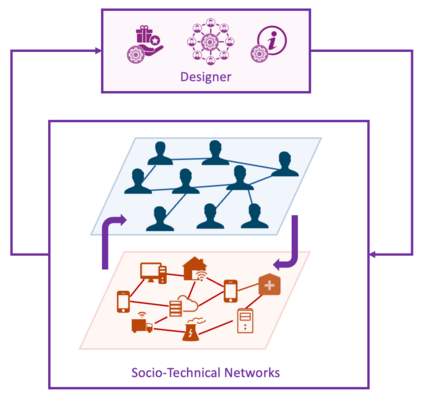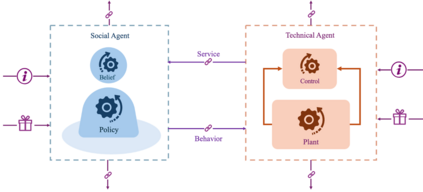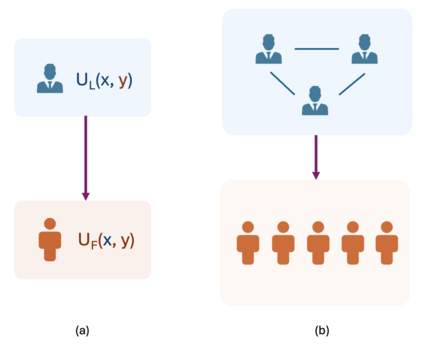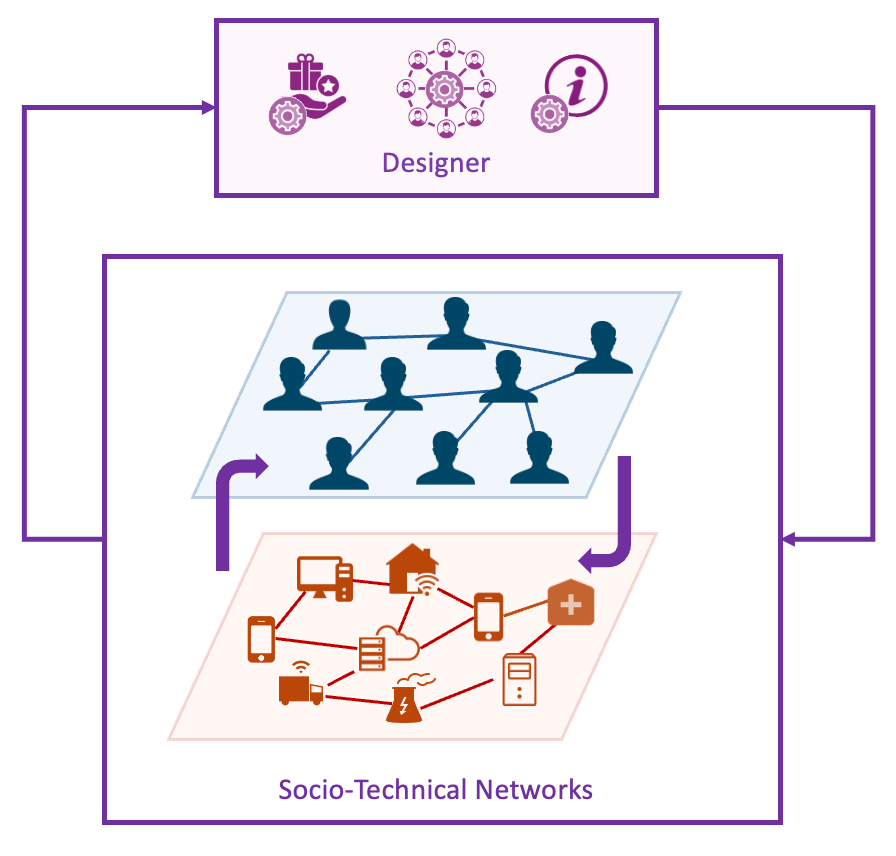Socio-technical networks represent emerging cyber-physical infrastructures that are tightly interwoven with human networks. The coupling between human and technical networks presents significant challenges in managing, controlling, and securing these complex, interdependent systems. This paper investigates game-theoretic frameworks for the design and control of socio-technical networks, with a focus on critical applications such as misinformation management, infrastructure optimization, and resilience in socio-cyber-physical systems (SCPS). Core methodologies, including Stackelberg games, mechanism design, and dynamic game theory, are examined as powerful tools for modeling interactions in hierarchical, multi-agent environments. Key challenges addressed include mitigating human-driven vulnerabilities, managing large-scale system dynamics, and countering adversarial threats. By bridging individual agent behaviors with overarching system goals, this work illustrates how the integration of game theory and control theory can lead to robust, resilient, and adaptive socio-technical networks. This paper highlights the potential of these frameworks to dynamically align decentralized agent actions with system-wide objectives of stability, security, and efficiency.
翻译:暂无翻译








